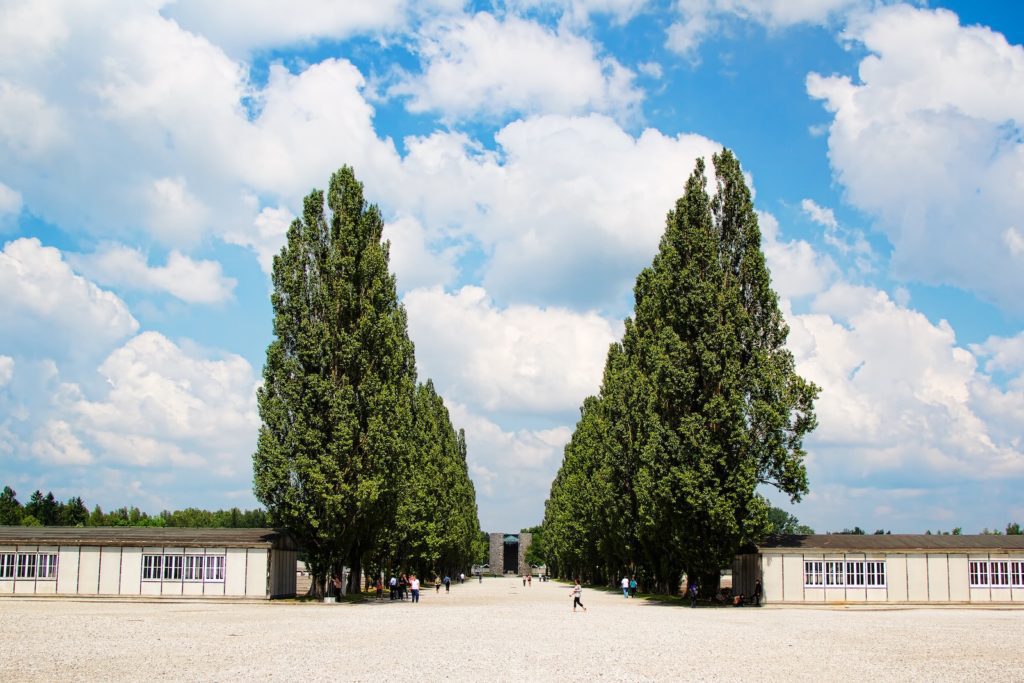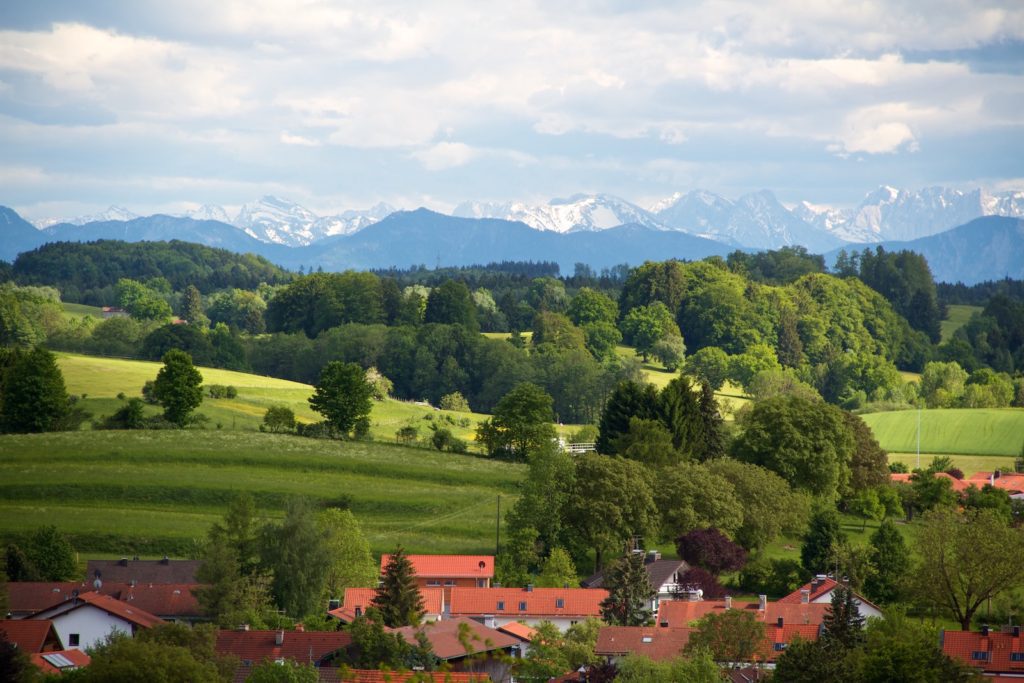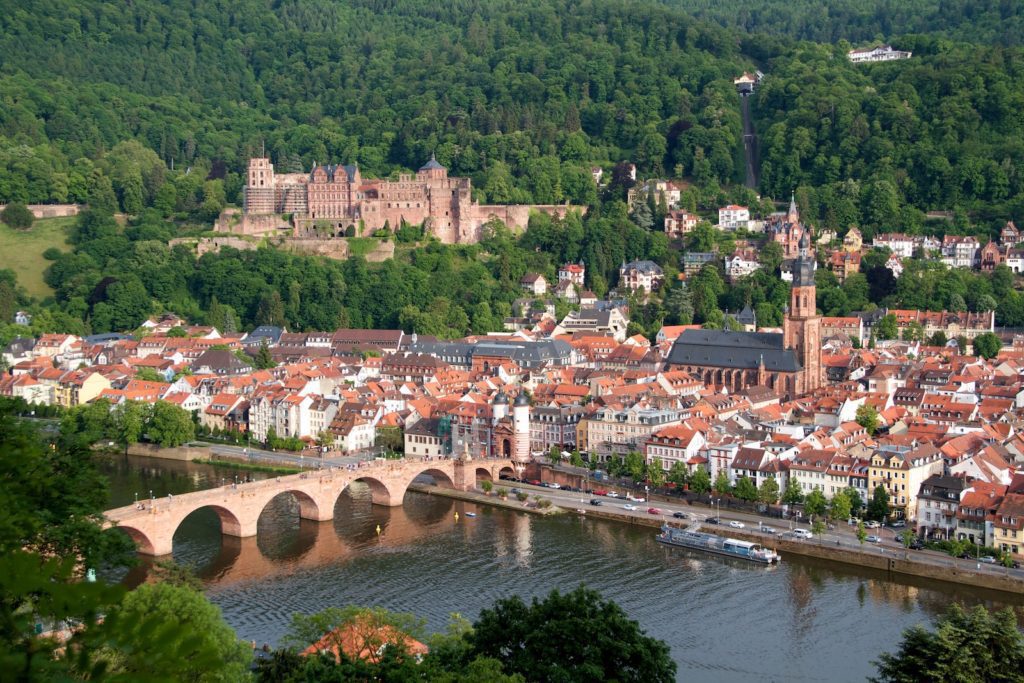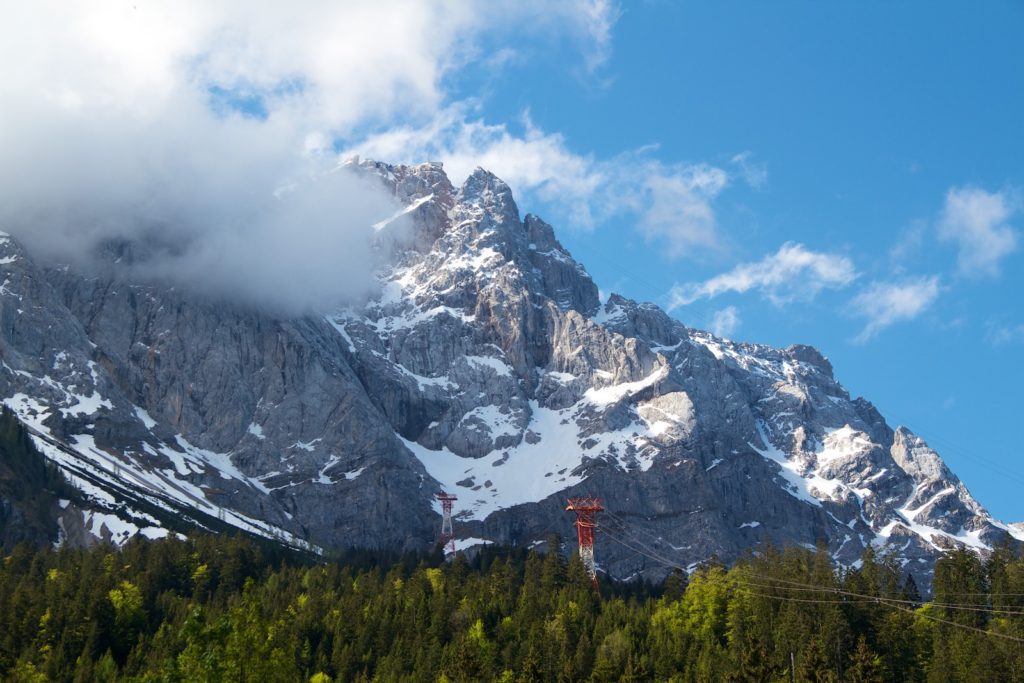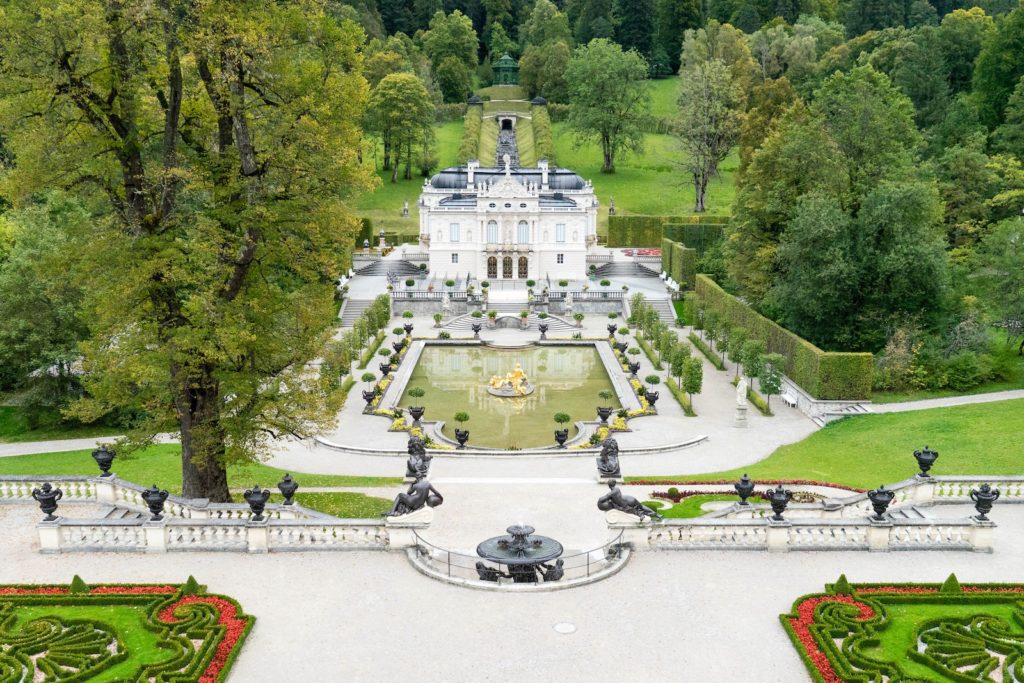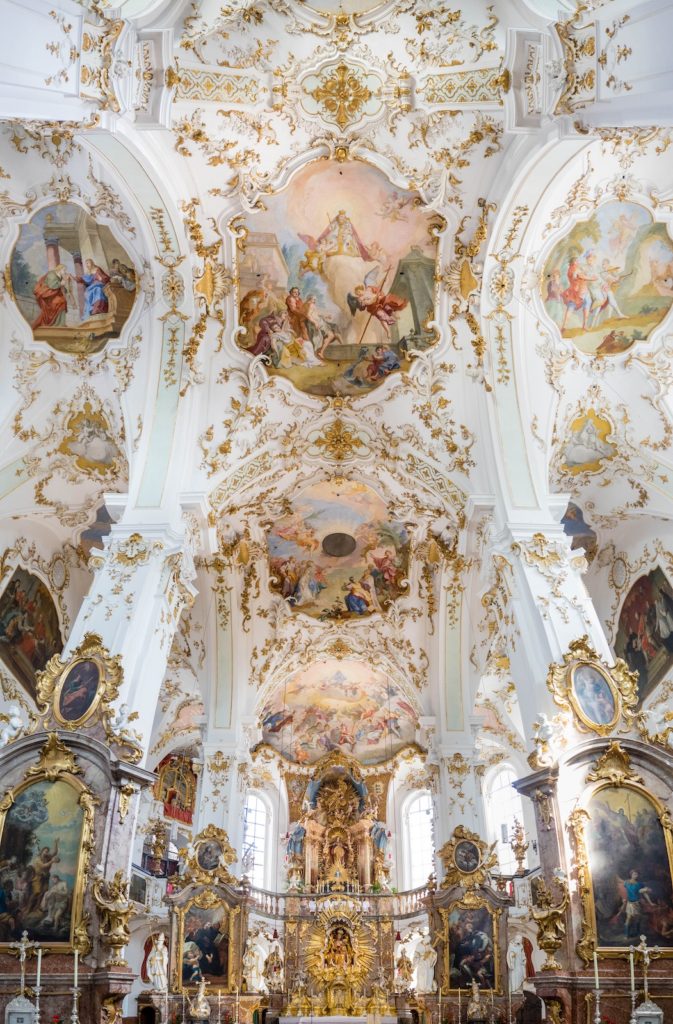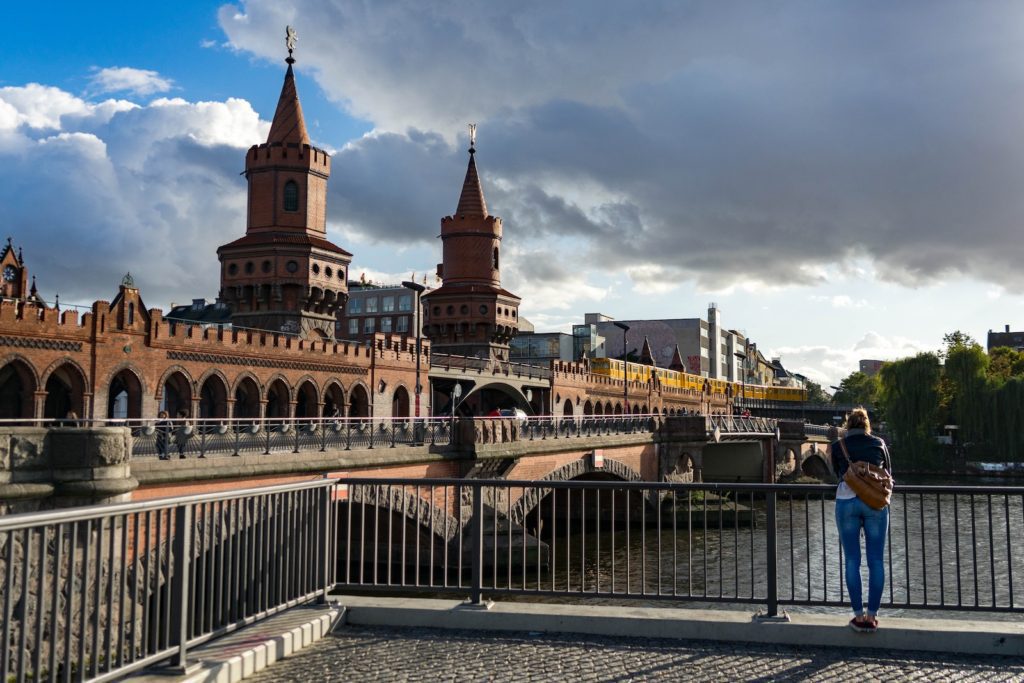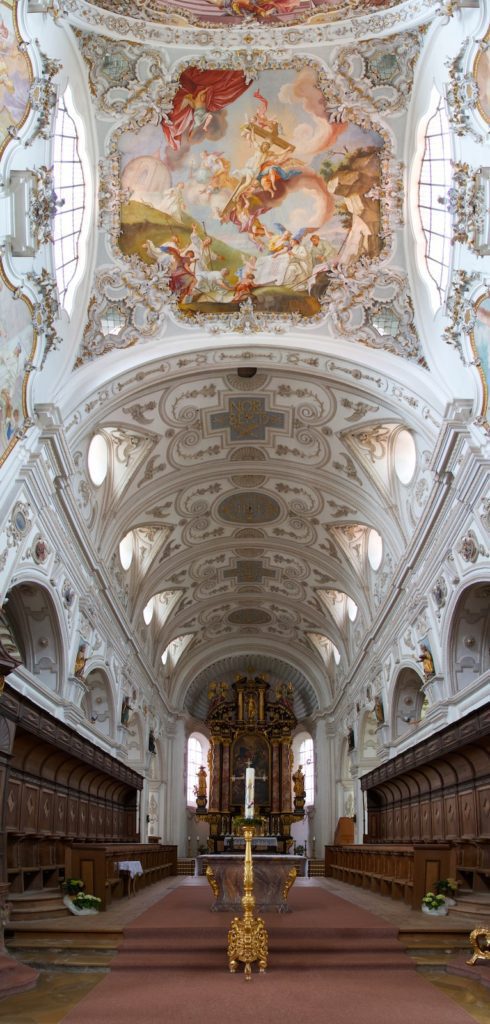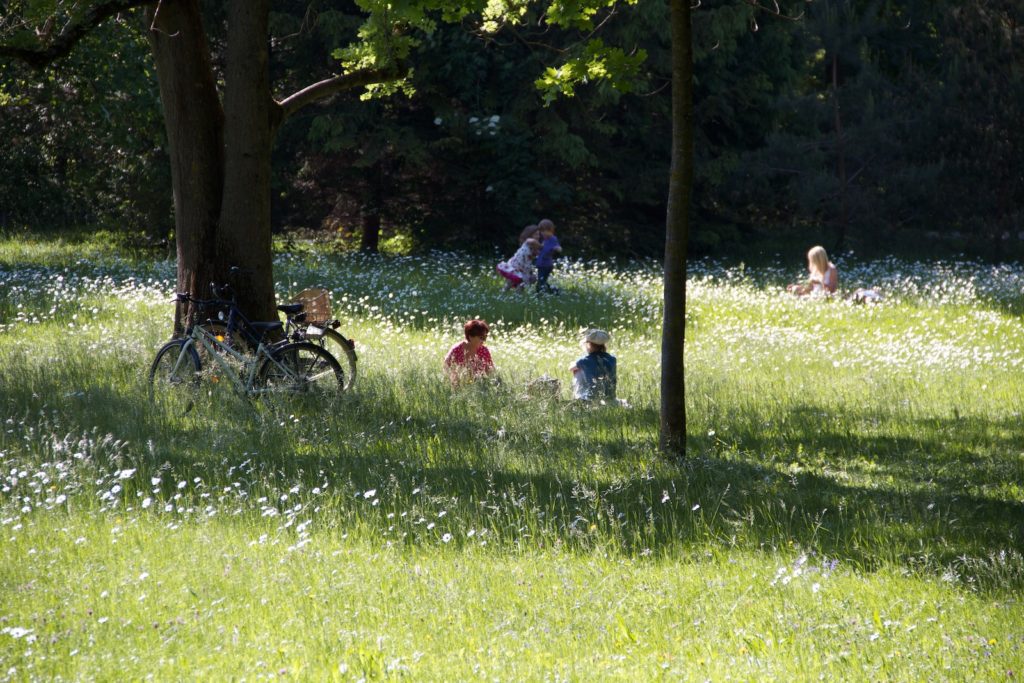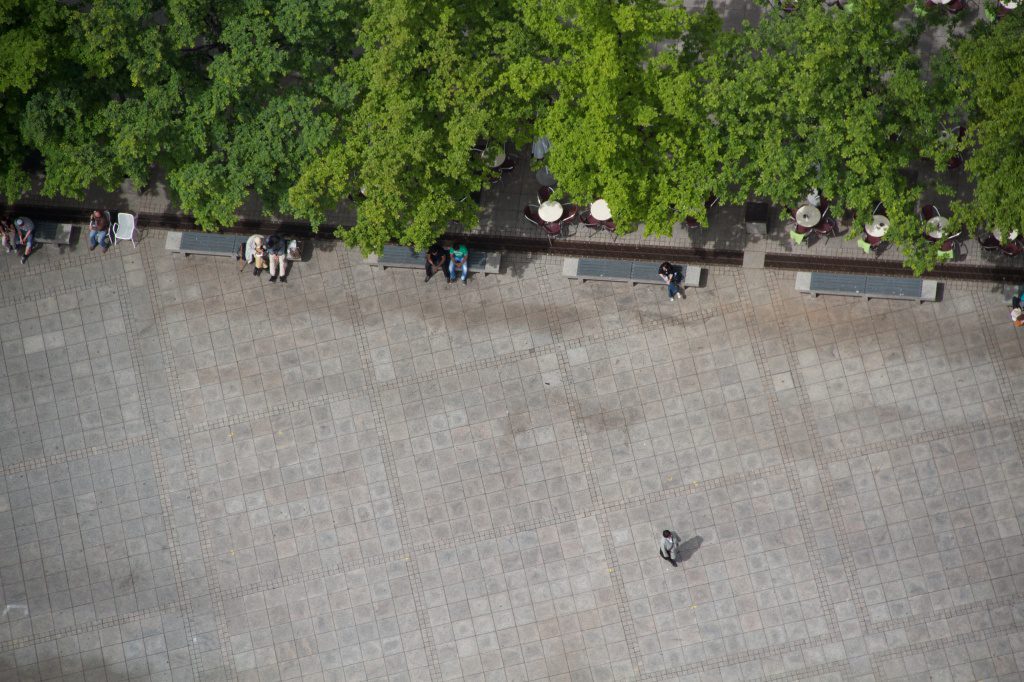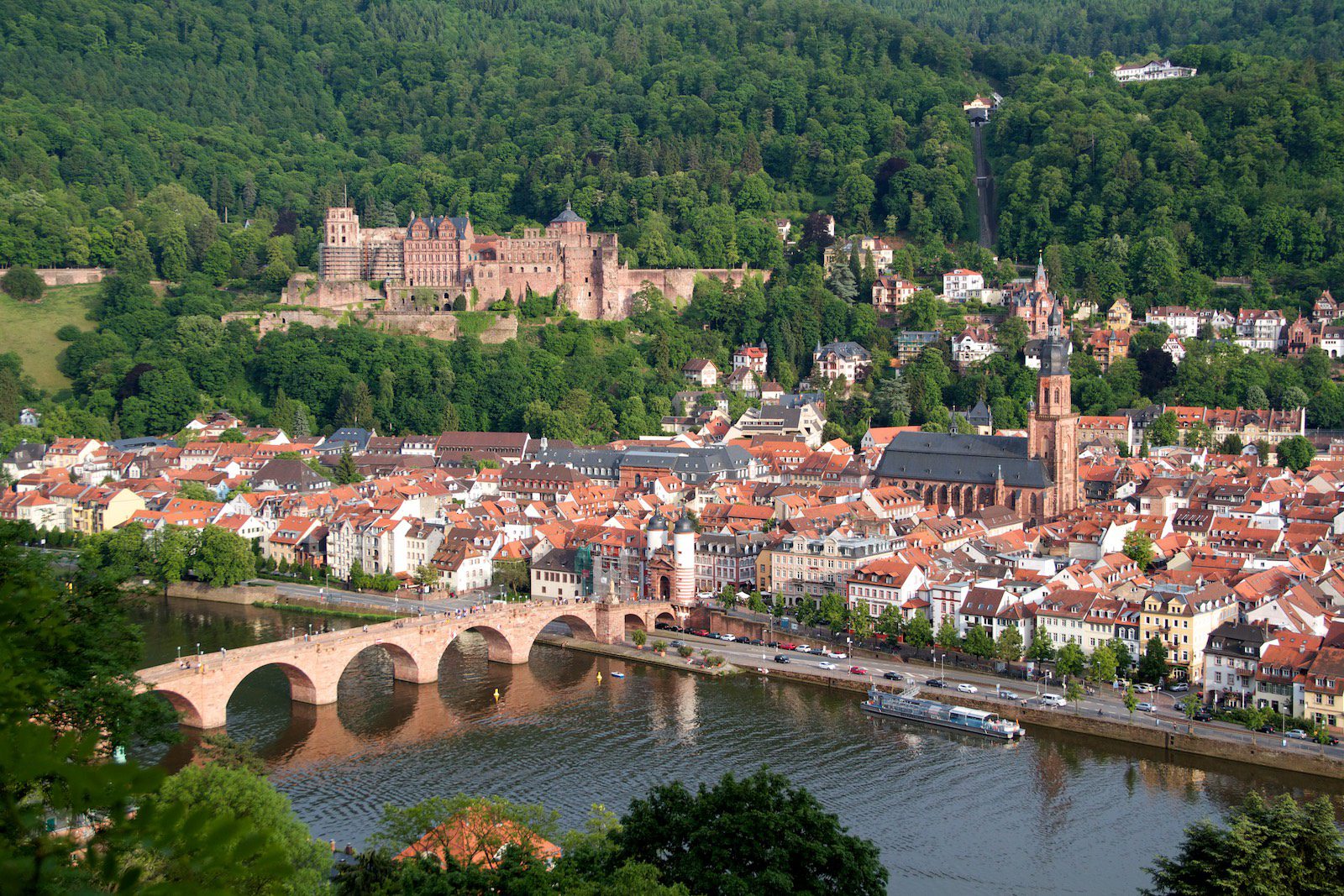
Introduction
Germany, nestled in the heart of Europe, is a country rich in history, culture, and natural beauty. Known for its precision engineering and high-quality craftsmanship, Germany is equally celebrated for its medieval castles, historic cities, and vibrant cultural life. From the bustling streets of Berlin to the scenic landscapes of Bavaria, Germany offers a unique blend of the old and the new, making it a captivating destination for travelers.
What to See
Germany’s allure lies in its diverse range of attractions. Visitors can delve into the nation’s complex history, explore the stunning Black Forest, or partake in its famous beer culture at a traditional Biergarten. The country’s modern and efficient infrastructure makes it easy to explore the urban sprawls as well as the serene countryside, where one can find traces of a rich cultural heritage.
NomadFavorites
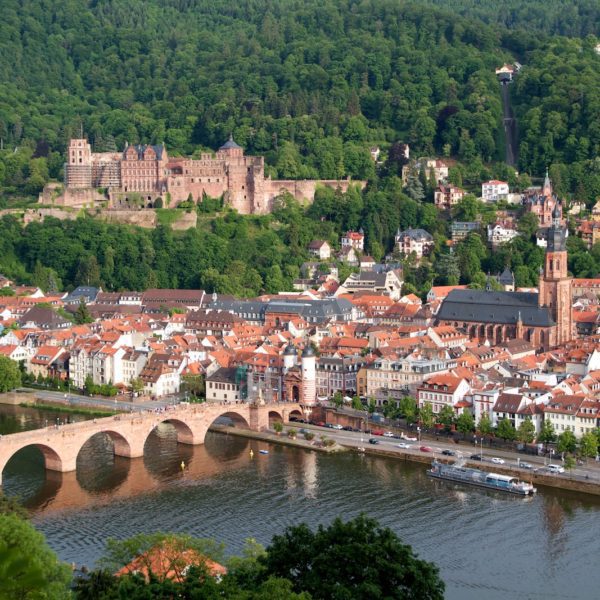
Heidelberg
A Quintessential German Town
Heidelberg, with its historic castle ruins and charming old town, epitomizes German Romanticism and is a picture of idyllic beauty.
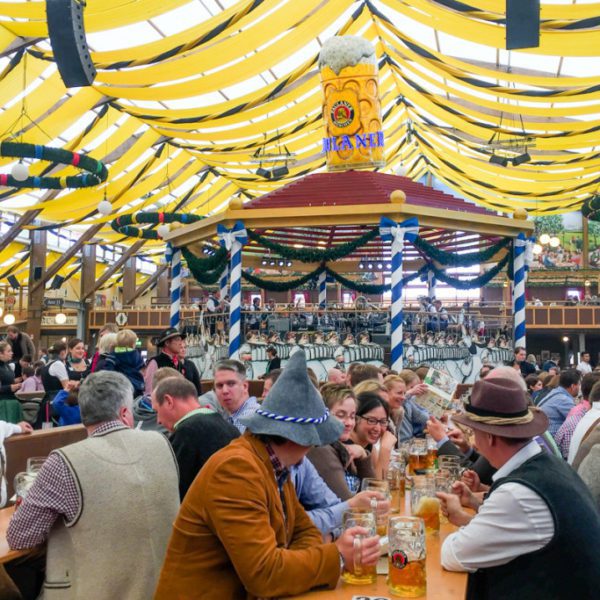
Oktoberfest
World’s Largest Volksfest
Oktoberfest in Munich is a celebration of Bavarian culture, featuring lively beer tents, traditional food, and festive parades.
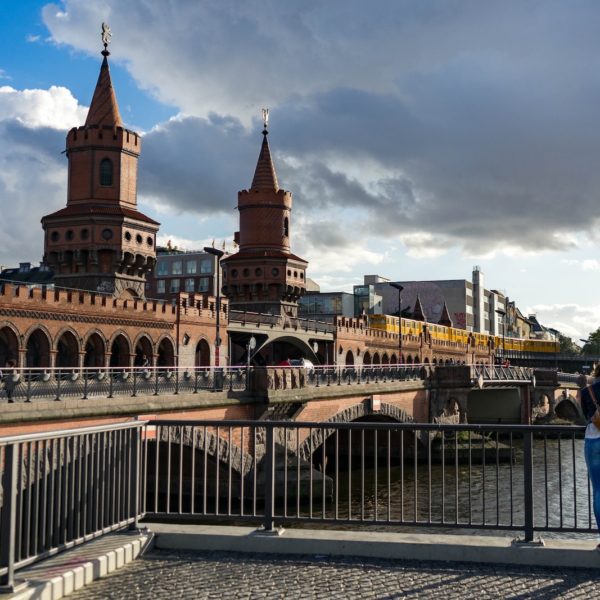
Berlin
A City of History and Modernity
Berlin, Germany’s capital, is a dynamic city known for its rich history, vibrant culture, and iconic landmarks like the Reichstag and Museum Island.
Recent Posts

germany
October 2015 Recap
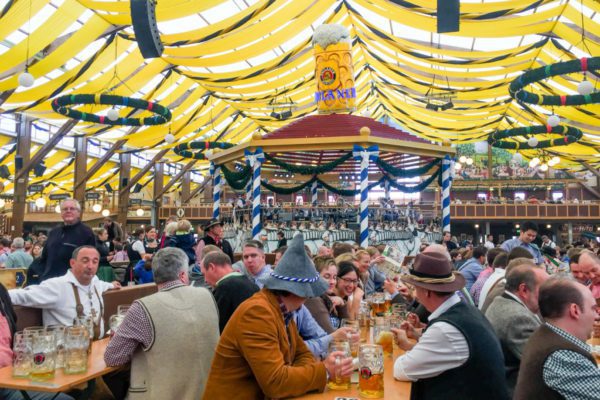
germany
Oktoberfest 2015

germany
Featured Photos: Ulm
When to Visit
The best time to visit Germany largely depends on your interests. Spring (March to May) and autumn (September to November) offer pleasant weather and fewer crowds, making them ideal for sightseeing and attending cultural festivals like Oktoberfest in Munich.
Winter (December to February) transforms Germany into a magical wonderland, with Christmas markets, snow-covered castles, and excellent skiing in the Alps. Summer (June to August) is great for outdoor activities and exploring the countryside, though it’s the peak tourist season with higher prices and more crowds.
Costs
For those on a budget, Germany offers an array of affordable options. A day’s expenses could be as low as $50-70, which includes cozy stays in charming hostels, sampling delicious street food like Bratwurst, and traveling through the efficient public transportation system. Germany’s numerous free walking tours, parks, and historic sites like the Berlin Wall also provide enriching experiences without a hefty price tag.
For a mid-range budget, expect to spend around $100-150 per day. This allows for a more comfortable stay in quaint guesthouses or boutique hotels, dining in delightful local restaurants serving hearty German cuisine, and exploring the rich tapestry of Germany’s history and culture with entrance to world-class museums and historic castles. This budget also lets you indulge in regional specialties like Riesling wines along the Rhine River.
